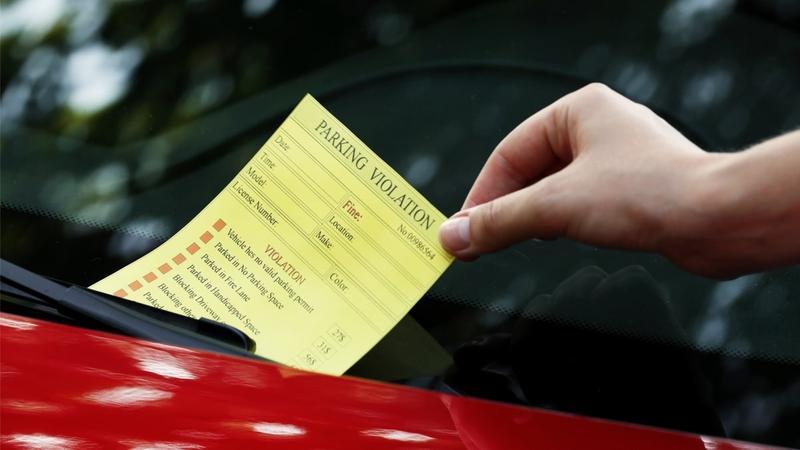- Traffic violations can stay on your insurance history for up to three years from the date you are convicted of the offence.
- Drivers will usually receive a fine for minor infractions, like running a stop sign, and an increase to their premium upon renewal.
- Major offences will impact a driver’s insurance premium and can also have legal implications, including possible time in jail.
There are multiple levels of traffic violations in Canada, and the severity of the charge can make a big difference to your auto insurance premium. Minor violations usually carry a fine, while major offences also have legal implications.
How minor traffic offences impact car insurance rates
These are the most common traffic violations, which have the lowest impact — both legally and on insurance rates. That’s not to say they can’t do some damage to your bank account, though.
Minor infractions are “chargeable” on your insurance, which means the insurance provider can apply a surcharge to your premium for three years from the date you are convicted, not from the date you received the ticket. Some come with a hefty fine as well.
Minor traffic infractions include:
- Speeding (unless over a certain amount, typically 50 km/h, and then it becomes major)
- Running red lights or stop signs
- Failure to obey traffic signs
- Tailgating
Minor offences differ in how they will affect your insurance. It’s best to contact your agent or broker after getting a ticket to find out what to expect on your premium.
In most cases, your premium won’t be impacted until your policy’s renewal date, so calling to find out the impact won’t make any difference on how or when they charge you. But it can prepare you for the increase.
